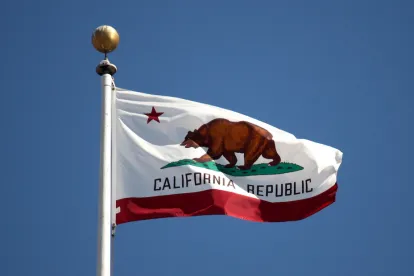Janis McLean, a retired deputy attorney general, filed suit against the State of California on behalf of herself and a class of former state employees who, having resigned or retired, did not receive their final wages within the time period set forth in Cal. Labor Code § 202 (72 hours). McLean alleged that defendants violated Section 202 by failing to pay her final wages on her last day of employment or within 72 hours after her last day; failing to deposit wages for her unused leave and vacation time to her supplemental retirement plans within 45 days of the last day of her employment (despite her request that they do so); and failing to transfer to her before February 1 of the following year the wages that she had elected to defer to that tax year. The trial court sustained the employer's demurrer on the ground that McLean had "retired" and, therefore, she had not stated a claim under Section 203, which applies only when employees quit or are discharged. The Court of Appeal reversed the dismissal, holding that Sections 202 and 203 apply when an employee "quits to retire." The California Supreme Court affirmed the judgment of the Court of Appeal, holding that the "ordinary meaning of the word 'quit' is broad enough to encompass a voluntary departure from a particular employment, whatever its motivation: an employee who retires, no less than an employee who ends one job to start another, has 'stopped,' 'ceased,' or 'left' her employment." The Court similarly rejected the state's assertion that McLean had sued the wrong entity because she was employed by the Department of Justice and not the State of California as a whole.
McLean v. State of Cal., 2016 WL 4395672 (Cal. S. Ct. 2016)



 />i
/>i

